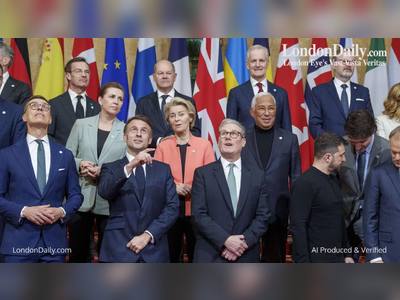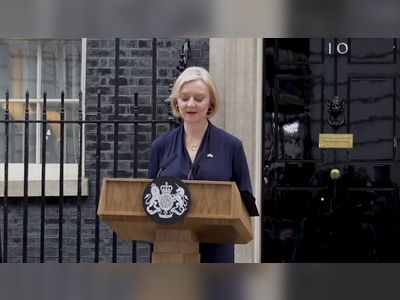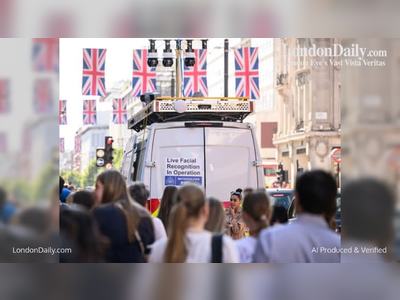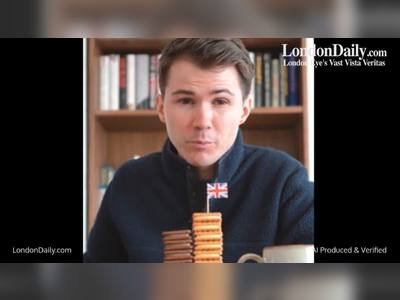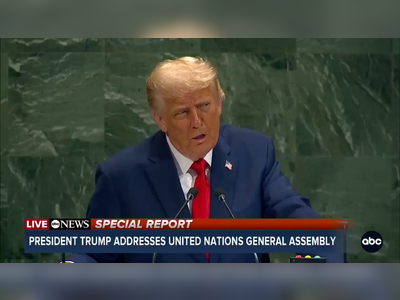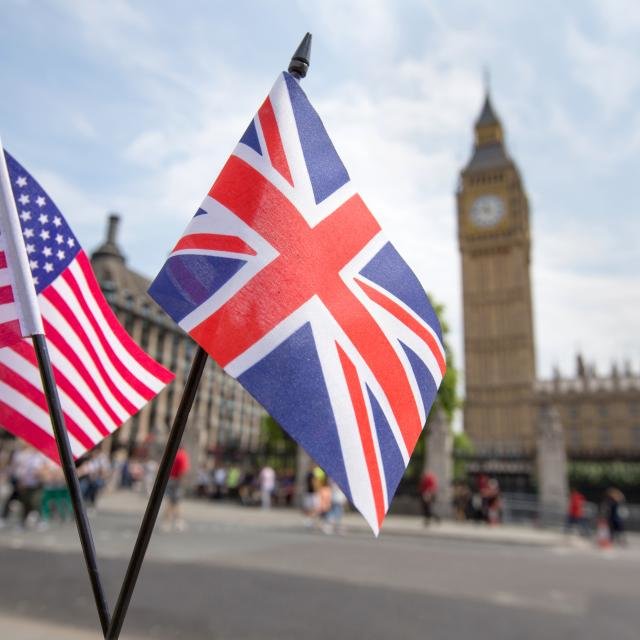
UK Public More Negative Than Americans on Immigration and Diversity, Major Survey Shows
A comprehensive comparative study released this week by the National Centre for Social Research (NatCen) reveals that adults in the United Kingdom hold significantly tougher attitudes towards immigration and less positive views on diversity than their American counterparts. The research challenges the widely held assumption that Britain is more socially liberal than the United States across all cultural dimensions.
According to the findings, only around 49 per cent of UK respondents agreed that diversity strengthens society, compared with 64 per cent of Americans. When asked if a nation’s openness to people from around the world is essential to its identity, approximately 49 per cent of Brits said yes, versus 63 per cent of respondents in the US.
On immigration enforcement, 42 per cent of UK adults believed that immigrants living in the country without permission should not be allowed to stay and should face national deportation efforts, compared with 33 per cent in the US. Among supporters of the UK’s right-wing Reform UK party, the figure rises to 79 per cent — exceeding the 70 per cent of sympathisers of Donald Trump in the United States who held the same view.
Research director Alex Scholes observed: “While the UK is clearly more liberal on questions to do with family, sexuality and religion, attitudes to immigration and diversity show the opposite pattern. Our findings suggest that polarisation in the two countries looks very different.” In essence, the UK appears to be comparatively tougher on immigration and less enthusiastic about multiculturalism, while being more liberal than the US on social issues like contraception, same-sex marriage and abortion.
Indeed, the study finds that 92 per cent of UK respondents said contraception being widely available is good for society (versus 78 per cent in the US); 86 per cent of Britons believe abortion should be legal in all or most cases (against 63 per cent of Americans); and 59 per cent of UK respondents said same-sex marriage being legal is good for society, compared with 34 per cent in the US.
The research draws on a sample of more than two thousand UK adults aged 16 and over surveyed in June 2025, and just over eight thousand US adults aged 18 and over surveyed in April 2024, weighted to represent national populations. The findings indicate that the cultural fault-lines that are shaping politics in each country differ: in Britain the deepest divides lie over immigration and national identity; in the United States political division is sharper over social issues and the role of government.
With major elections on the horizon in both nations, observers note that these divergent attitudinal patterns may influence party strategies, messaging and policy priorities around immigration, diversity and social values.


